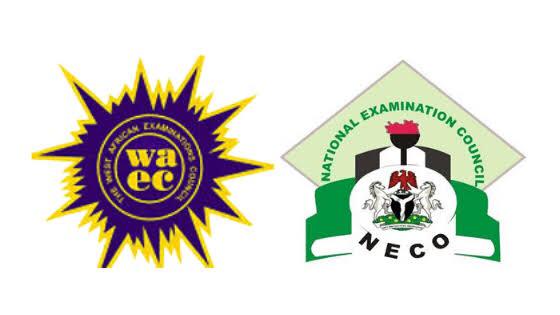In a significant step towards modernizing education in Nigeria, the Minister for Education, Maruf Alausa, has announced that the West African Examinations Council (WAEC) and the National Examinations Council (NECO) will transition their examinations to Computer-Based Testing (CBT) starting in November 2025. This move is poised to revolutionize the way these critical examinations are conducted, promising enhanced efficiency, security, and accessibility for students across the country.
What Does This Mean for Students and Educators?
The shift to CBT marks a departure from the traditional paper-based examinations that have long been the standard for WAEC and NECO. Computer-Based Testing involves candidates taking exams on digital platforms, typically in designated testing centers equipped with computers and secure software. This transition aligns Nigeria’s education system with global trends, where digital assessments are increasingly common due to their streamlined processes and reduced risk of malpractices.
For students, this change could mean a more interactive and faster examination experience. CBT often allows for quicker result processing, meaning candidates may receive their scores sooner than with paper-based exams. However, it also requires familiarity with digital tools, which could pose a challenge for students in areas with limited access to technology or those less accustomed to computer use.
Educators and schools will need to adapt as well, potentially incorporating more digital literacy training into their curricula to prepare students for the new format. The government and examination bodies will likely need to invest in infrastructure, such as reliable internet, power supply, and computer labs, to ensure a smooth rollout, especially in rural and underserved regions.
Why the Move to CBT?
The decision to adopt CBT reflects a broader push to modernize Nigeria’s education system. Key benefits of Computer-Based Testing include:
-
Enhanced Security: CBT reduces the risk of question paper leaks and other forms of examination malpractice, as questions can be randomized and delivered securely.
-
Efficiency: Automated grading for objective questions can speed up result processing, benefiting both students and institutions.
-
Global Alignment: Many international examination bodies, such as those for IELTS and TOEFL, already use CBT, and this transition brings WAEC and NECO in line with global standards.
-
Environmental Impact: Moving away from paper-based exams could reduce the environmental footprint of producing and distributing millions of exam papers annually.
Challenges to Anticipate
While the shift to CBT is promising, it’s not without potential hurdles. Reliable electricity and internet connectivity remain challenges in many parts of Nigeria, and addressing these will be critical to ensuring a seamless experience for all candidates. Additionally, students in remote areas may need access to training and practice sessions to build confidence in using CBT platforms.
The government, WAEC, and NECO will need to collaborate closely to provide adequate infrastructure, training, and public awareness campaigns to prepare stakeholders for this change. Pilot programs or phased rollouts could help identify and address issues before the full transition in November 2025.
What’s Next?
As the November 2025 deadline approaches, stakeholders are eagerly awaiting further details from WAEC and NECO. Key questions remain, such as which subjects will transition to CBT first, whether the exams will be fully digital or hybrid, and how testing centers will be distributed nationwide. Official announcements from the examination bodies or the Ministry of Education will provide clarity in the coming months.
In the meantime, students preparing for WAEC or NECO exams should consider familiarizing themselves with computer-based testing formats. Schools and parents can support this by providing access to practice tests or digital literacy programs. Staying informed about updates from WAEC, NECO, or the Ministry of Education will also be crucial as the transition unfolds.
Final Thoughts
The move to Computer-Based Testing by WAEC and NECO is a bold step towards a more modern and efficient education system in Nigeria. While challenges exist, the potential benefits—faster results, greater security, and alignment with global standards—make this an exciting development for students, educators, and the nation as a whole.
Stay tuned for more updates on this transition, and let us know your thoughts in the comments below. Are you a student or educator preparing for this change? Share your experiences or concerns—we’d love to hear from you!
Join our Whatsapp channel to stay updated always!



3hnm3n